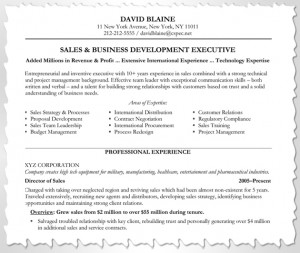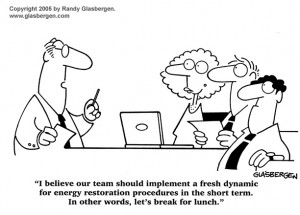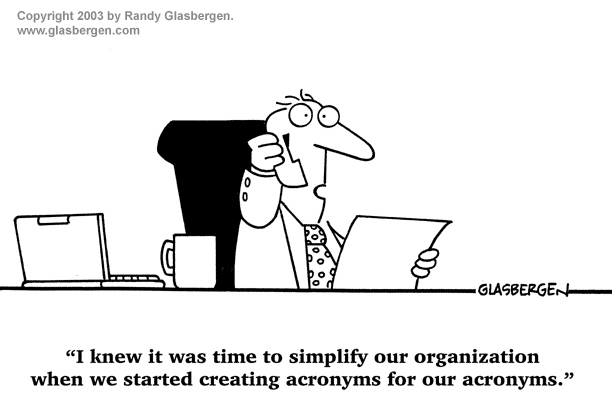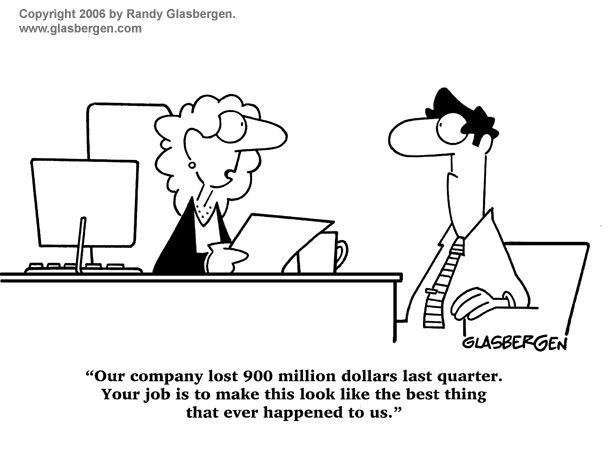Resume writing for supply chain professionals, particularly in sourcing careers, requires addressing specific challenges and goals that are important to the target employer. By highlighting these topics in your resume, you can standout from your competition.
 Resume writing for supply chain professionals, particularly in sourcing careers, requires addressing specific challenges and goals that are important to the target employer. By highlighting these topics in your resume, you can standout from your competition.
Resume writing for supply chain professionals, particularly in sourcing careers, requires addressing specific challenges and goals that are important to the target employer. By highlighting these topics in your resume, you can standout from your competition.
Sourcing careers manage the identification of suppliers, the purchasing of materials, and the logistics of purchased materials and components. In our modern global economy, sourcing provides the foundation of many companies. More than any other function, sourcing can change the financial condition and competitiveness of a company quickly.
A number of companies have capitalized on their sourcing expertise to build powerful competitive advantages over their competition. Wal-mart and Dell are both known for the efficiency of their supply chain operations. Slight improvements to the sourcing function can dramatically affect the bottom line performance of a company.
The significance of sourcing roles to the success of an organization makes finding exceptional talent in the sourcing field a critical component of a company’s success. During the hiring process, most companies will have specific goals and expectations for the position. To be successful, a job seeker needs to demonstrate an ability to make an impact on these specific goals.
Many job seekers find it difficult to identify the goals of the company and the hiring manager. You may be able to research and determine the priorities, but often this won’t be possible. Instead, you need to address the major challenges that are most likely to be priorities based on the industry and company.
There are a number challenges that are likely to be important within the materials field, including:
This is a partial list but can give you a starting point for marketing your background. On your resume, you should mention a variety to challenges and goals. It is important to include more than just a list of keywords. Provide details of your experience and accomplishments for each area of expertise. You may choose to emphasize a selection of skills, but try to mention most of them in your resume.
One way to highlight your sourcing skills it to start your resume with an executive summary. The executive summary should include two or three of your most significant accomplishments. This will draw attention to your strongest skills and accomplishments, highlighting a few key elements of your experience. You can then work the remaining elements you want to mention into your resume under your work experience section.
If you show significant experience in the sourcing arena, and mention the key topics that a hiring manager is seeking, you are likely to get a phone screen. You do not need to guess the top priority of the hiring manager and emphasize this in your executive summary. As long as you mention the topic and show significant sourcing expertise, you should generate sufficient interest to motivate the hiring manager to want to learn more. If you do not focus on a topic critical to the hiring manager, the phone screen will usually explore this topic in detail.
The list of competencies above omits one very common topic. In fact, it is by far the most common topic of accomplishment, and a critical element you need to cover in your resume. The omitted element is your experience with reducing costs. Reducing raw material and transportation costs are one of the biggest opportunities most companies have. Cost reductions through better sourcing can offer the best ROI. An investment of time and some travel costs for a sourcing professional can often yield millions of dollars in savings.
There’s an important reason why I omitted cost reductions from the list above. The reduction of cost is the result of an activity. It is not the core activity. For example, picture a sourcing professional that includes this accomplishment on his resume: “reduced the purchasing costs of a key raw material by $3 million.” This is a good accomplishment but doesn’t say anything about how the individual achieved this result. Another candidate, with a similar background, lists the same accomplishment, but with additional key details: “Identified two dozen new potential vendors for a key raw material. Assessed and qualified three to be suppliers. Negotiated international contracts with two of these sources, resulting in $2 million in savings from lower purchase costs and $1 million in transportation savings.”
These could be the same accomplishment, but the second presentation is much more specific and makes a much stronger impact. If the hiring manager is focused on identifying new sources, assessing potential sources or reducing transportation costs, this accomplishment should peak their interest.
Show what you did with the results you achieved. When we assessed resumes in our resume benchmarking survey, we found nearly half of the resumes didn’t list any accomplishments. Many of the resumes that did list accomplishments, only included cost savings numbers – accomplishments similar to the first example provided above. If you give a detailed presentation of what you did, how you did it and what the results were, your resume will standout for the vast majority of your competition and your chances of landing an interview will be much higher.
Need specific resume writing advice tailored to Supply Chain Careers? Get our book, Resume Writing for Manufacturing Careers. It is packed with examples and advice of production management, scheduling, purchasing, logistics and transportation.
 I ran into a great article this morning showing how to customize a resume for a specific job. Louise Fletcher at Blue Sky Resumes shows a resume before and after customization. The changes between the original and customized resume are subtle but very effective. Changing a few terms and emphasizing a specific accomplishment can make a resume really standout.
I ran into a great article this morning showing how to customize a resume for a specific job. Louise Fletcher at Blue Sky Resumes shows a resume before and after customization. The changes between the original and customized resume are subtle but very effective. Changing a few terms and emphasizing a specific accomplishment can make a resume really standout.




